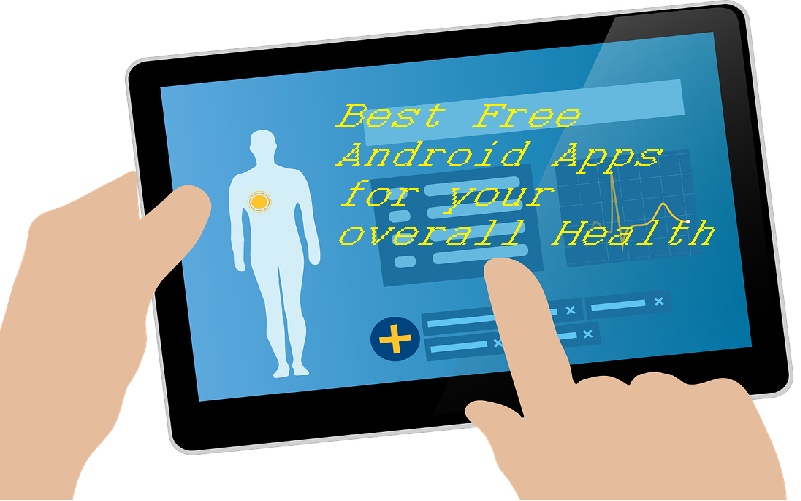There are lots of sayings, misconceptions, and myths about eyesight. But how right are these eyesight ‘myths’ and what about all other common eye facts and fictions?
It’s time to separate facts from fictions!
Contents
Reading in Dim Light May Ruin Eyesight
Reading in dim light might ruin your eyesight is a bit of both true and false. Your mother might have told you off when she found you reading in dim light, scaring you to sleep with a warning of the damage of eyesight. But was she right?
The answer is both yes and no. Our eyes are well designed to adjust to different levels of light. If you’re reading in dim light, your eye pupil will become bigger to take in more light to retinas. Eye cells called cones and rods will use this light to send information to your brain about what you’re looking at.
Few studies have examined the effects of reading in dim light, but some focused on the impact of staring at things up close. The result suggests that ‘close work’ can speed up the onset of short-sightedness in children. So basically, if you’re reading a book in light and holding it close to your face, it may damage your eyesight.
Only Older People Get Cataracts or Glaucoma
No, Cataract and Glaucoma are conditions that are more common in older age, but it doesn’t mean a person can’t develop them at an earlier age. Some babies are born with these diseases. These conditions can lead to blindness.
Symptoms
- Symptoms of cataracts include sensitivity to light, clouded vision, and seeing ‘halos’ around lights.
- Symptoms of glaucoma include blurred vision, Experiencing sudden light loss or eye pain, Seeing rainbow-colored lights
Sometimes, you might not identify there is a severe problem until it’s too late. Whatever your age is, it’s essential to go for eye exams to check for sight problems and hidden diseases. If you or your baby is suffering from this disease, ophthalmology Cherry Hill NJ offers you a variety of cataract and glaucoma treatment. Their treatment depends on the severity of your eye disease. They have helped countless people achieve clear eyesight.
Eating Carrots Will Improve Your Eyesight
Fact or Fiction? A bit of both.
Carrots are a source of vitamin A, and it is true that vitamin A is essential for eyes. But if you’re getting enough vitamin A your body needs, then eating extra carrots won’t make your bad vision better. This will only work if a person has a vitamin A deficiency caused by malabsorption, poor diet and liver problem. You can still eat carrots because they are good for your health. You can also get vitamin A from cheese, milk, and egg yolk.
Your Vision will Deteriorate If You Don’t Wear Your Glasses
Yes, it is true that if you’re not wearing your glasses or if you’re wearing the lenses of the wrong prescription then you will struggle to focus on things. This will make your eyes feel sore and strained.
In children, this risk arises more because their vision develops in the back of the brain until the age of 9. So, if they wear wrong prescriptive glasses, their eyes will not stimulate to develop to their full potential.
Children Inherit Poor Eyesight
Unfortunately, sometimes it is true. Genetic factors play a role in many eye diseases. If you have farsightedness or nearsightedness, then there is a chance your children will be the same. The most common vision problem among children is genetically determined.
It may include:
- Strabismus
- Amblyopia
- Refraction errors like myopia, hyperopia, and astigmatism












